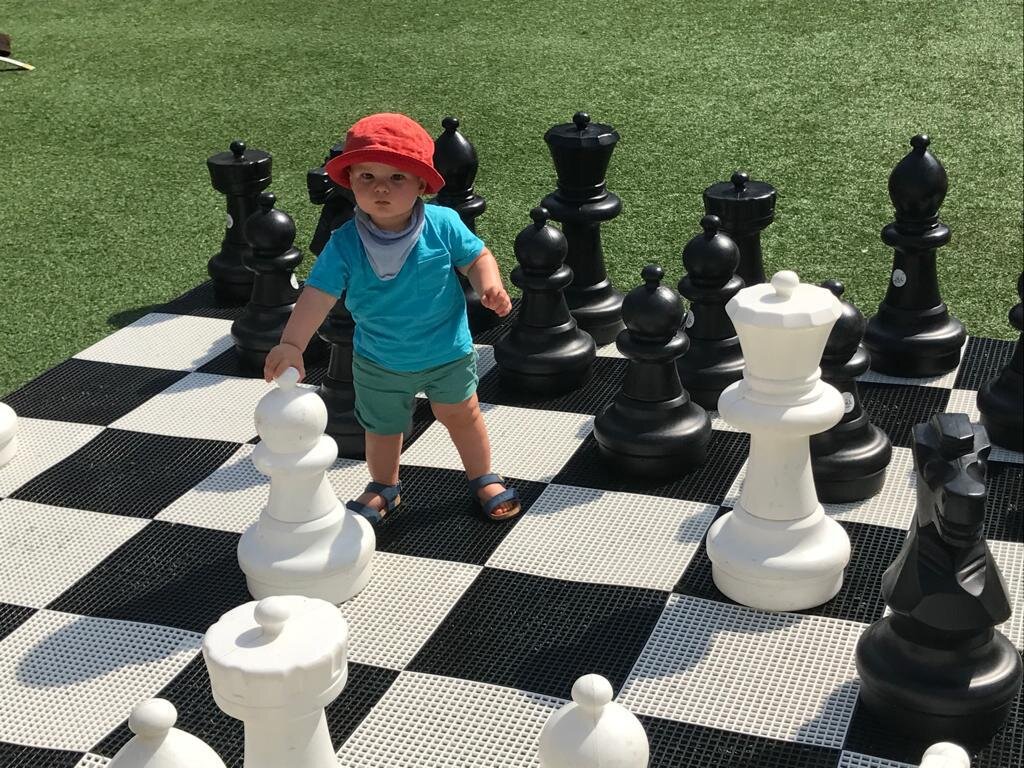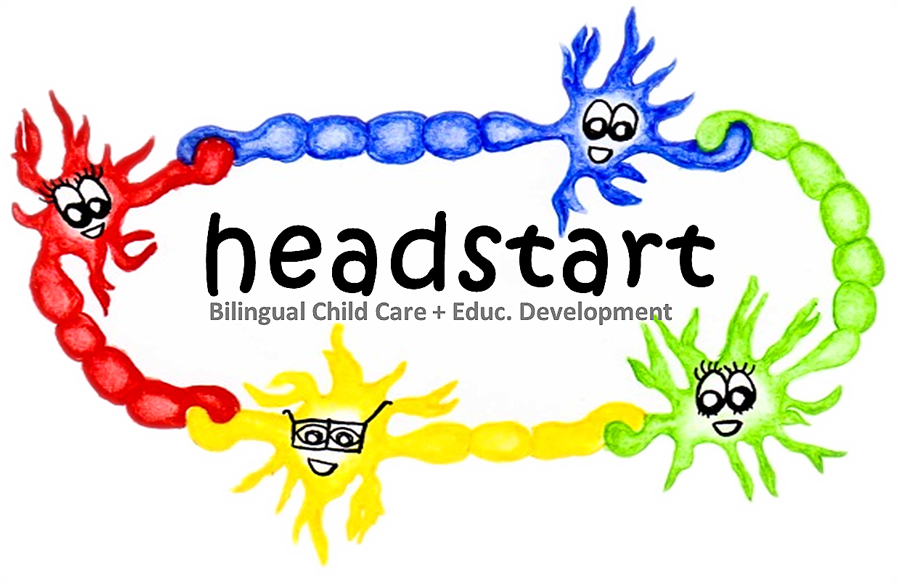
Cognitive development
Plan for cognitive development
1 – Cognitive stimulation
a) Linguistic :
Passive Recognition: expose children to different languages (both verbal and non-verbal dimensions) to stimulate the language centre in the brain and retain the infant’s capacity to hear, identify and reproduce all sounds.
Active Oral Production: Teach a chosen language actively, starting at the child’s particular level (using objects/toys, games/puzzles, books, tapes/DVDs, puppets/role play, performances, etc.)
Written Recognition: Develop awareness of written language ( teach the alphabet, identify words, read books together, etc)
Creative Writing: Promote written production by retelling stories, presenting show and tell exercises, reporting experiences, writing small plays to be performed, etc.
b) Develop logical-deductive thinking, using puzzles, geometrical figures, logical simple sequences/ progressions (matrixes, mini luk type material, blocks, etc), stories with cause/consequence ordering, etc.
2 – Psycho-motoric development:
a) Fine motor skills: early tracing, completing figures, representational and creative drawing, beading(making necklaces with small beads), threading, tying laces/knots, using cutlery, cutting, gluing, etc.
b) Gross motor skills: developing the sense of balance (walking on ropes, climbing stairs alternating legs and other specific exercises), rhythm (controlled moving of alternate limbs, coordination of gestures, moving games/exercises according to music, etc), precision (.Building structures with blocks, lego/duplo, balancing objects, aiming at targets, “fishing games”, composing images with small parts, fitting pieces together, etc.
c) General physical awareness and development through target exercises addressing specific needs of the child, at different developmental stages.
3 – Enhance early learning capacity by identifying a child’s cognitive style (hearing/visual, global/analytical, etc) and proposing specific exercises, games, activities best suited to him/ her.
4 – Develop problem solving through charades, games, role play, play bargaining, etc.
5 – Increase concentration and attention span through target activities progressing at the optimal rate for each child (ex, puzzles of increased difficulty, exercises to “find the differences” with increasing detail, learning stories of increased complexity, carrying out a sequence of tasks increasing in number, memorizing items in increasing amounts, etc)
6 – Developing space-time awareness: orientation exercises (both indoors and outdoors), understanding the sequencing of different time periods: day/night, days of the week, months, seasons, telling the time in a clock.
7 – Social skills:
a) Intrapersonal skills: expressing yourself assertively (i.e., confidently and with consideration towards others), speaking in public (telling a story, role play, through puppets, giving presentations/performances, etc), self-confidence, self-awareness, self-control, posture and manners, etc.
b) Interpersonal skills: establishing/developing relationships, overcoming shyness, attentive listening to others, dealing with aggression, finding solutions together, bargaining, proposing/accepting compromises, awareness of others’ feelings and expectations, understanding socially acceptable behaviour, learning how to adapt to different situations, becoming familiar with other cultures/races/languages/traditions, acquiring coping strategies to deal with big changes (moving house/country, separations, death of loved ones, personal failure, etc), practicing forgiving/apologising, developing personal responsibility and accountability to others, etc.
8 – School success/ study skills: taking each individual case, a careful assessment is conducted to determine the current situation of the child (considering given strengths/weaknesses, lifestyles, particular habits, family/school environment, etc) and an individual program is designed and implemented (sometimes, in cooperation with the school) so as to potentiate school achievement.
